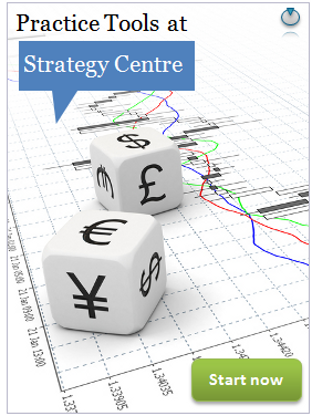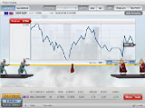Laissez-faire economics - Definition
The Laissez-faire style of economics means less government regulation and fewer artificial controls of production, buying, selling, trading, and financing. The laissez-faire style of economics clearly promotes the free market. Limited government intrusion is the foundation of such a system, although the concept is less absolute than it once was.According to historical legend, the phrase stems from a meeting in about 1680 between the powerful French finance minister Jean-Baptiste Colbert and a group of French businessmen led by a certain M. Le Gendre. The Laissez-faire model of economics is embraced by a wide variety of people across the political spectrum. At the same time, it is rejected by those who feel more government regulation is necessary, even if they see regulation as a necessary evil. During the Han, Tang, Song, and Ming dynasties, Chinese scholar-officials would often debate about the interference the government should have in the economy, such as setting monopolies in lucrative industries and instating price controls.
Terms near "Laissez-faire economics"
| LAK |
| Lakh |
| Lambda |
| Land agent |
| Land bank |
| Land banker |
| Land banking |
| Land capacity |
| Land contract |
| Land description |
Laissez-faire economics - Related articles & news
Featured


Top 5 factors that affect exchange rates ...
There are many factors that affect exchange rates of currencies. However some are more important in currency trading than others. These are; Interest and Inflation rates, Trade balance, Currency market speculation, Foreign investment and Central bank market intervention. Learn how to use these factors in your forex tra ...
Latest
Advertisement



